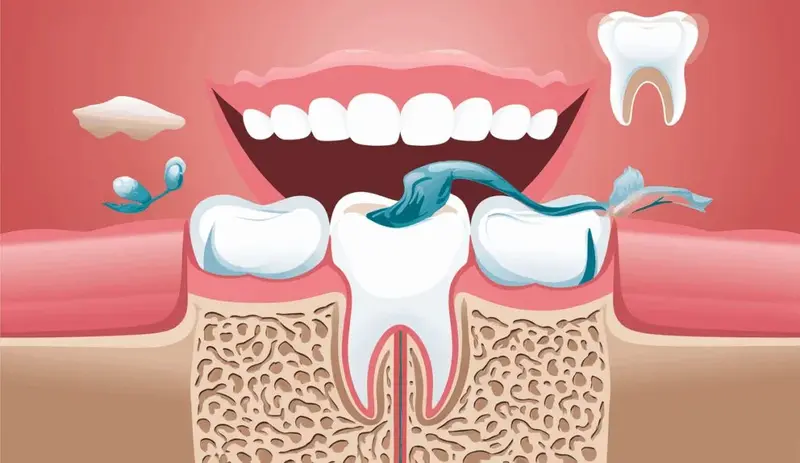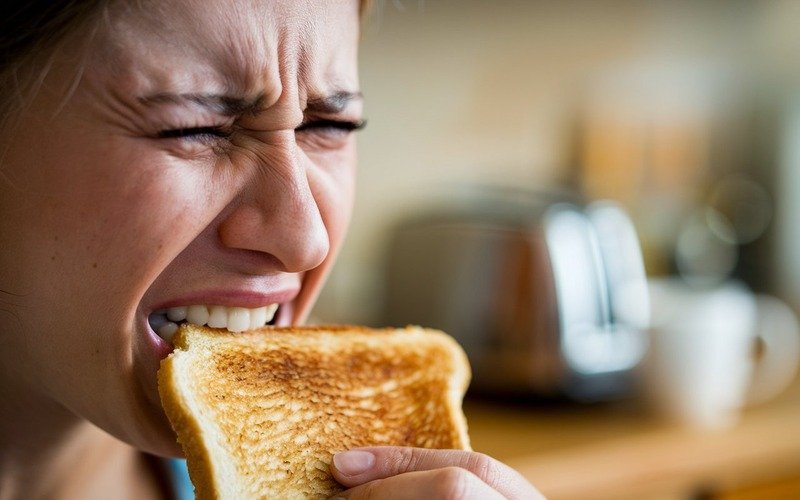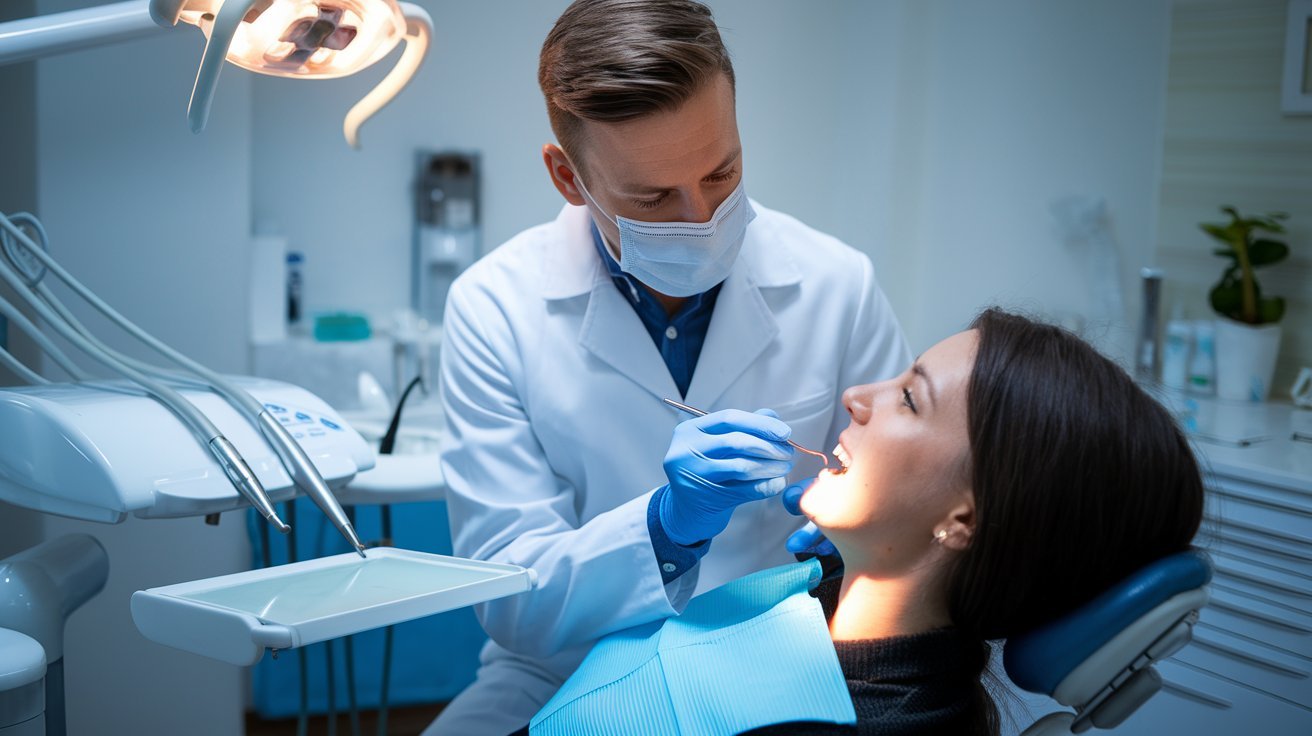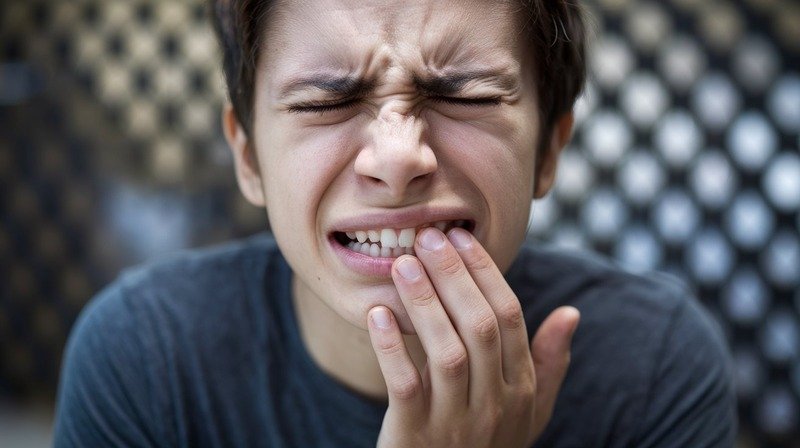Sleep disorders are more common than many people realize and can significantly impact overall health and well-being. While sleep disorders are often associated with medical professionals such as sleep specialists or neurologists, dentists play a crucial role in the early detection, diagnosis, and management of these conditions. At our dental clinic in Houston TX, we are committed to helping our patients recognize the signs of sleep disorders and provide appropriate treatment or referrals when necessary. In this comprehensive guide, we’ll explore the role of dentists in diagnosing sleep disorders, the types of sleep disorders they can detect, and how dental treatments can play a role in managing these conditions.
Understanding Sleep Disorders
Sleep disorders encompass a wide range of conditions that affect the quality, timing, and duration of sleep. These disorders can lead to daytime fatigue, impaired cognitive function, mood disturbances, and a host of other health problems. The most common sleep disorders include obstructive sleep apnea (OSA), insomnia, restless legs syndrome, and bruxism (teeth grinding).
Common Sleep Disorders:
- Obstructive Sleep Apnea (OSA): A condition where the airway becomes blocked during sleep, causing repeated interruptions in breathing.
- Insomnia: Difficulty falling or staying asleep, leading to poor sleep quality and daytime impairment.
- Restless Legs Syndrome (RLS): A condition characterized by an uncontrollable urge to move the legs, often accompanied by uncomfortable sensations.
- Bruxism: The involuntary grinding or clenching of teeth during sleep, which can lead to tooth wear, jaw pain, and other oral health issues.
While some sleep disorders are primarily managed by sleep specialists, dentists are uniquely positioned to identify signs of sleep disorders during routine dental exams. At our dental office in Houston TX, we often detect symptoms of sleep disorders that patients may not be aware of, allowing for early intervention and treatment.
How Dentists Can Detect Sleep Disorders
Dentists are trained to observe and assess the health of the teeth, gums, and oral structures. During a routine dental exam, our dentist in Houston TX may notice signs and symptoms that suggest the presence of a sleep disorder. These signs can include physical indicators in the mouth, as well as information gathered from the patient’s medical history and reported symptoms.
1. Identifying Signs of Obstructive Sleep Apnea (OSA)
Obstructive Sleep Apnea (OSA) is one of the most common sleep disorders that dentists can help identify. OSA occurs when the muscles in the throat relax excessively during sleep, leading to a partial or complete blockage of the airway. This condition can cause loud snoring, gasping, choking, and repeated interruptions in breathing throughout the night.
Signs of OSA That Dentists Can Detect:
- Bruxism (Teeth Grinding): Bruxism is often associated with sleep apnea, as the body’s response to interrupted breathing episodes can trigger teeth grinding. Signs of bruxism include worn-down teeth, flattened tooth surfaces, chipped or cracked teeth, and jaw pain.
- Dry Mouth (Xerostomia): Individuals with sleep apnea often breathe through their mouth during sleep, leading to dry mouth. Chronic dry mouth can result in tooth decay, gum disease, and bad breath.
- Enlarged Tonsils or Uvula: Enlarged tonsils or a long uvula can contribute to airway obstruction during sleep. During a dental exam, our dentist in Houston TX may notice these anatomical features and recognize their potential role in sleep apnea.
- Scalloped Tongue: A scalloped or ridged tongue, caused by the tongue pressing against the teeth during sleep, can be a sign of airway obstruction and OSA.
If our dentist in Houston TX suspects that a patient may have OSA based on these signs, we may recommend further evaluation by a sleep specialist or suggest a home sleep apnea test (HSAT) to confirm the diagnosis.
2. Detecting Bruxism and Its Connection to Sleep Disorders
Bruxism, or teeth grinding, is a condition that is often linked to sleep disorders, particularly sleep apnea. Bruxism can occur as a result of the body’s attempt to reopen the airway during apneic episodes. However, bruxism can also occur independently of sleep apnea and may be related to stress, anxiety, or other factors.
Signs of Bruxism That Dentists Can Detect:
- Worn or Flattened Teeth: One of the most common signs of bruxism is excessive wear on the teeth, which may appear flattened or smooth.
- Chipped or Cracked Teeth: The force of grinding can cause teeth to chip or crack, leading to the need for restorative dental work.
- Tooth Sensitivity: The wear and tear from bruxism can expose the underlying dentin, leading to increased tooth sensitivity.
- Jaw Pain or TMJ Disorders: Patients with bruxism may experience pain or discomfort in the jaw, as well as symptoms of temporomandibular joint (TMJ) disorders.
At our dental clinic in Houston TX, we offer custom night guards to protect the teeth from the damaging effects of bruxism. If bruxism is suspected to be related to a sleep disorder, we may also recommend a sleep study to assess for the presence of OSA or other conditions.
3. Recognizing Symptoms of Restless Legs Syndrome (RLS)
Restless Legs Syndrome (RLS) is a neurological condition that causes an uncontrollable urge to move the legs, often accompanied by uncomfortable sensations such as tingling, burning, or itching. While RLS primarily affects the legs, it can also have implications for oral health.
Signs of RLS That Dentists Can Recognize:
- Sleep Disturbances: Patients with RLS may report difficulty falling or staying asleep due to the need to move their legs. This can lead to daytime fatigue and other symptoms associated with poor sleep quality.
- Bruxism: RLS is sometimes associated with bruxism, as both conditions can disrupt sleep and lead to nighttime teeth grinding.
- Medication Side Effects: Certain medications used to treat RLS can cause dry mouth, which increases the risk of cavities, gum disease, and bad breath.
While dentists do not diagnose RLS, we can recognize the symptoms and refer patients to a sleep specialist or neurologist for further evaluation. At our dental office in Houston TX, we work collaboratively with other healthcare providers to ensure comprehensive care for our patients.
4. Evaluating Sleep-Related Issues Through Patient History
In addition to physical signs, dentists can gather valuable information about a patient’s sleep quality and potential sleep disorders through a thorough review of their medical history and reported symptoms. During a dental visit at our dental clinic in Houston TX, we may ask patients about their sleep habits, snoring, daytime fatigue, and any history of sleep apnea or other sleep disorders.
Questions Dentists May Ask to Assess Sleep-Related Issues:
- Do you snore loudly?
- Do you frequently wake up feeling unrefreshed or tired?
- Have you been told that you stop breathing during sleep?
- Do you experience dry mouth or a sore throat in the morning?
- Do you grind your teeth at night?
- Do you have difficulty falling or staying asleep?
- Do you experience discomfort or an urge to move your legs at night?
Based on the answers to these questions, our dentist in Houston TX may identify the need for further evaluation or treatment. Early detection of sleep disorders through patient history can lead to timely intervention and improved health outcomes.
The Role of Dentists in Managing Sleep Disorders
Once a sleep disorder is suspected or diagnosed, dentists play a vital role in managing the condition, particularly when it comes to oral appliance therapy for obstructive sleep apnea and bruxism management. At our dental office in Houston TX, we offer a range of treatments and services designed to help patients manage their sleep disorders and improve their overall health.
1. Oral Appliance Therapy for Obstructive Sleep Apnea (OSA)
Oral appliance therapy involves the use of a custom-made oral device that is worn during sleep to keep the airway open. These devices, often referred to as mandibular advancement devices (MADs), work by gently repositioning the lower jaw forward, preventing the collapse of the airway and reducing the frequency of apneic episodes.
Benefits of Oral Appliance Therapy:
- Non-Invasive: Oral appliances are a non-invasive alternative to Continuous Positive Airway Pressure (CPAP) therapy, making them an attractive option for patients who cannot tolerate CPAP.
- Comfortable: Custom-fitted oral appliances are comfortable to wear and easy to travel with.
- Effective: Oral appliance therapy is effective in reducing or eliminating symptoms of mild to moderate obstructive sleep apnea.
At our dental clinic in Houston TX, we offer custom oral appliances for patients with sleep apnea. These devices are tailored to each patient’s unique anatomy, ensuring optimal comfort and effectiveness. Regular follow-up appointments are essential to monitor the effectiveness of the therapy and make any necessary adjustments.
2. Custom Night Guards for Bruxism
For patients with bruxism, wearing a custom night guard can protect the teeth from the damaging effects of grinding. Night guards create a protective barrier between the upper and lower teeth, reducing the risk of tooth wear, fractures, and jaw pain.
Benefits of Night Guards:
- Protects Teeth: Night guards prevent direct contact between the upper and lower teeth, reducing the risk of wear and damage.
- Reduces Jaw Pain: By minimizing the pressure exerted on the jaw, night guards can alleviate pain and discomfort associated with TMJ disorders.
- Custom Fit: Our night guards are custom-made to fit the patient’s mouth comfortably, ensuring that they can be worn throughout the night without discomfort.
At our dental office in Houston TX, we provide custom night guards for patients with bruxism. These guards are designed to protect the teeth and improve oral health while also addressing the potential underlying causes of the condition, such as sleep apnea or stress.
3. Collaboration with Sleep Specialists
Managing sleep disorders often requires a multidisciplinary approach, involving collaboration between dentists, sleep specialists, and other healthcare providers. At our dental clinic in Houston TX, we work closely with sleep specialists to ensure that our patients receive comprehensive care.
Collaborative Care Involves:
- Diagnosis: If a sleep disorder is suspected, we may refer patients to a sleep specialist for a sleep study or other diagnostic tests to confirm the condition.
- Treatment Planning: We collaborate with sleep specialists to develop a personalized treatment plan that addresses both the sleep disorder and any related oral health issues.
- Ongoing Monitoring: Regular follow-up appointments allow us to monitor the patient’s progress and make any necessary adjustments to the treatment plan.
This collaborative approach ensures that patients receive the most effective care for their sleep disorder, with both their sleep quality and oral health in mind.
4. Patient Education and Preventive Care
Educating patients about the importance of sleep and the potential impact of sleep disorders on oral health is a key aspect of the care we provide at our dental office in Houston TX. We offer guidance on maintaining good sleep hygiene, recognizing the signs of sleep disorders, and taking preventive measures to protect oral health.
Topics Covered in Patient Education:
- The Importance of Sleep: Understanding the role of sleep in overall health and well-being.
- Sleep Hygiene Tips: Strategies for improving sleep quality, such as maintaining a consistent sleep schedule, creating a relaxing bedtime routine, and avoiding stimulants before bed.
- Recognizing Sleep Disorders: Educating patients on the signs and symptoms of common sleep disorders and when to seek evaluation.
- Oral Health and Sleep: The connection between sleep disorders and oral health, including the impact of dry mouth, bruxism, and sleep apnea on the teeth and gums.
By empowering patients with knowledge, we help them take an active role in managing their sleep and oral health.
Conclusion: The Integral Role of Dentists in Diagnosing and Managing Sleep Disorders at Our Dental Clinic in Houston TX
Sleep disorders are complex conditions that can have far-reaching effects on health and quality of life. Dentists are uniquely positioned to play a crucial role in the early detection, diagnosis, and management of these conditions. At our dental clinic in Houston TX, we are dedicated to providing comprehensive care that addresses both sleep disorders and their impact on oral health.
If you are experiencing symptoms of a sleep disorder, such as snoring, daytime fatigue, or teeth grinding, we encourage you to schedule a consultation with our dentist in Houston TX today. Our experienced team is here to provide you with the care and support you need to achieve better sleep and better health.
Contact our dental clinic in Houston TX to learn more about how we can help you manage your sleep disorder and protect your oral health. We look forward to being a part of your journey to better sleep and a healthier, happier life.






